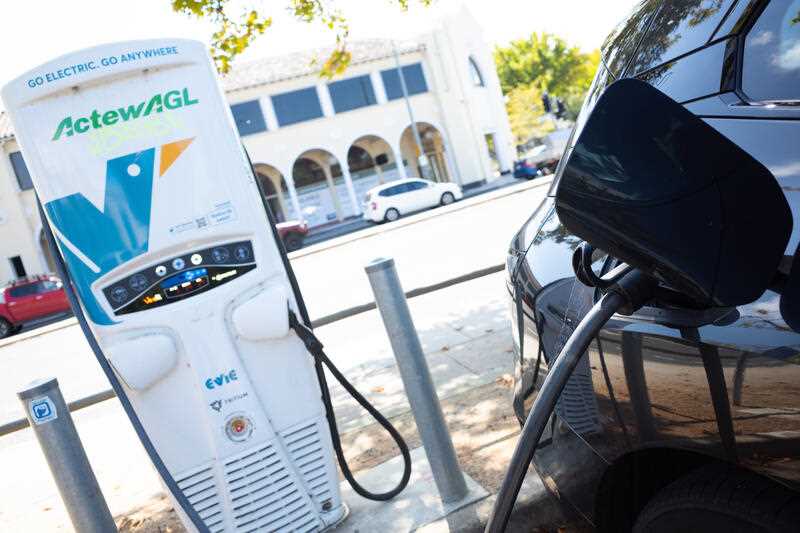Electric vehicles can handle the distances required to travel to essential services in remote and regional Australia, a new study from the Australian National University (ANU) has shown.
According to co-author Dr Bjorn Sturmberg, the use of electric vehicles in remote communities is more feasible than might be expected.
“We analysed the distances between people’s homes and the nearest ‘service hub’ towns – where they might go to the do the shopping, for example,” Dr Sturmberg said.
“The vast majority of residents, or 93 per cent, could do those trips with even the lower range of electric vehicles currently available on the Australian market. That’s without needing to recharge en route.”
Given this, Dr Sturmberg said, there’s no excuse for leaving our remote communities out of the discussion.
“We need to do better – electric vehicles shouldn’t be left in the too hard basket. It’s an unequitable and unfair path forward if remote and regional communities are the last ones left driving diesel vehicles, especially as they will be some of the most impacted by catastrophic climate change,” Dr Sturmberg said.
“Yes, the barriers are obvious: large distances, unsealed roads. But the benefits are equally obvious. It’s difficult and expensive to get diesel out to these communities, and electric engines are simpler and more robust than fuel engines.”
But, co-author Dr Francis Markham added, there are some limits to what we know, and aspects that need further investigation.
“For example, we still don’t have clear data on the impact of unsealed roads or different conditions on the effective range of electric vehicles,” Dr Markham said.
“And information on the performance of electric vehicles in very hot conditions is still lacking. However, we are confident that electric vehicles do have a place in regional and remote Australia.”
According to the researchers, transport is a key issue that must be tackled to limit the worst effects of climate change.
“The transport sector is responsible for 25 per cent of global emissions and more than 18 per cent of Australia’s greenhouse gas pollution,” Dr Sturmberg said.
“It must rapidly decarbonise – and electric vehicles are going to be a crucial part of that decarbonisation.”
The research has been published in Australian Geographer.



